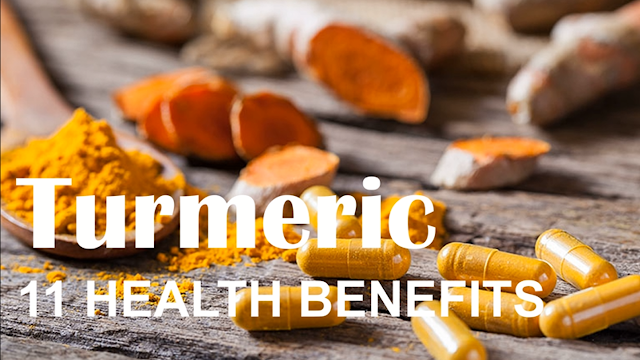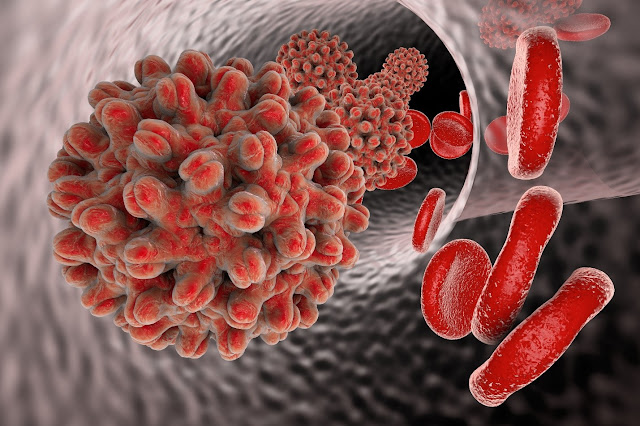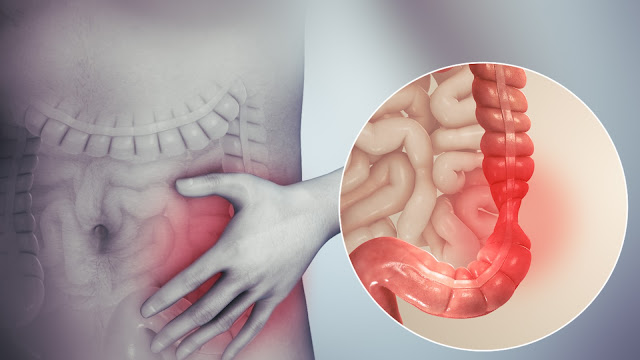Top 11 Health Benefits of Turmeric
Help or Hype?
This bright yellow-orange spice, which is related to ginger, is widely used in Indian, Southeast Asian, and Middle Eastern cuisines. It's also been used as medicine for ages in locations like India to cure concerns like breathing problems. Turmeric has recently been promoted as a superfood that can help with cancer prevention, depression relief, and more. Learn about the benefits and drawbacks of turmeric for your health.
Depression
Turmeric has a number of chemicals that may benefit your health. Curcumin is the most well-known of them. Curcumin's potential to alleviate depression and improve the efficacy of antidepressants has scientists excited. However, research findings have been mixed thus far.
Type 2 Diabetes
Curcumin may be a beneficial tool for preventing or treating type 2 diabetes since it can help fight inflammation and keep blood sugar levels stable. One study monitored 240 persons with prediabetes for nine months and discovered that taking a curcumin supplement reduced their chances of getting diabetes. Although research is ongoing, the majority of studies to date have focused on animals rather than humans.
Viral Infections
If you're feeling under the weather, try a cup of turmeric tea next time you're feeling under the weather. Curcumin may aid in the battle against a range of viruses, including herpes and influenza. (However, the majority of this research was conducted in a lab rather than on humans.) Keep in mind that turmeric contains only approximately 3% curcumin, and your body doesn't absorb curcumin properly, so a cup of tea every now and again won't be enough.
Premenstrual Syndrome
Curcumin pills were found to help relieve PMS symptoms in a recent study that monitored women for three menstrual cycles in a row. Turmeric may also help with menstruation cramps, according to a study on muscles from guinea pigs and rats.
High Cholesterol
Turmeric's ability to protect your ticker has been the subject of conflicting research. Turmeric has been proven to lower LDL "bad" cholesterol in certain studies, whereas it has been found to have no impact in others. Turmeric's heart-protective properties are still being researched by scientists. Turmeric has been shown in a short trial to aid persons who have had bypass surgery avoid heart attacks.
Alzheimer's Disease
Alzheimer's patients have chronic inflammation, and turmeric appears to have anti-inflammatory properties. So, does turmeric help to prevent Alzheimer's? Sorry, but there isn't enough scientific data to suggest that consuming turmeric can help you avoid getting sick.
Arthritis
Turmeric's capacity to relieve joint pain, stiffness, and inflammation has shown promise. However, additional research is needed before turmeric is recommended as an arthritis treatment. If you opt to try turmeric for joint pain, consume it with black pepper to assist your body absorb natural curcumin.
Cancer
Turmeric has been shown in lab and animal research to inhibit tumor cell development, improve the function of detoxification enzymes, and more. What these studies can't tell us is what happens in the human body when turmeric is consumed. Additionally, turmeric has the potential to interact with some chemotherapy medications.
Irritable Bowel Syndrome
Turmeric has been reported to help relieve IBS symptoms such as stomach pain in early research, including a pilot study of 207 individuals and another using rats. More investigation is required, as is the case with many of the topics we've already discussed. Turmeric is also being researched as a possible treatment for Crohn's disease and ulcerative colitis.
Headaches
It's no surprise that turmeric is recommended as a headache therapy, especially for migraines, because its related ginger is a well-known natural headache medicine. Although many individuals praise turmeric on the internet, there is no scientific evidence that it can treat or prevent headaches, though one study shows it could be part of a new strategy.
Acne
Some believe that applying a turmeric mask to their skin or consuming turmeric can help them get rid of obstinate pimples, possibly due to the spice's antibacterial and anti-inflammatory characteristics. Unfortunately, there isn't any hard evidence to support this.



















No comments